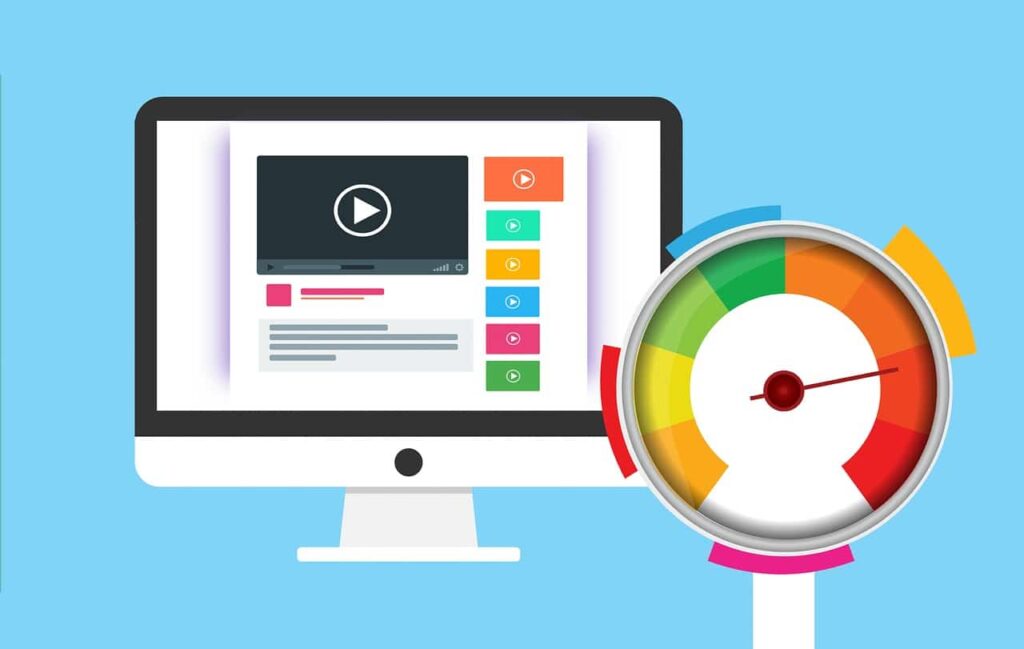The developer of RegCleaner, jv16 PowerTools, Uninstalr, WinFindr, Startup Timer, ScreenshotX, System Examiner and Windows Update Fixer.
DNS Settings for Faster Internet
DNS settings (Domain Name Server) can affect your internet browsing in terms of privacy, speed, security and reliability.
At the most basic level, the internet infrastructure is a series of cables, either copper or optical, which connects servers around the world.
Data is then carried across these cables in the form of electromagnetic waves and limited to the speed of light.
As the speed of light is the theoretical limit of our known universe, we can reduce the distance these waves have to travel to speed things up.
If a DNS server is located far away from you, then your browsing speeds will be impacted.
DNS servers work a lot like giant phone directories, matching domain names (The person who you need to call) to their associated IP addresses (their phone number). When you type a domain name into your browser, your computer first has to contact your current DNS server to ask what IP address is associated with the domain name. Your computer then connects to the IP address and retrieves the right web page for you.
The DNS servers you use are likely provided by your ISP (Internet service provider). If you’re behind a router, your computer may be using the router itself as its DNS server, but the router is forwarding requests to your ISP’s DNS servers.
Speed and reliability can be boosted by switching your DNS settings, but that really depends on how well your ISP is looking after its DNS servers and how close they are to your current location.
The Mobile Workplace

Different systems, network connection types and locations all likely have a different optimal DNS setting, therefore, there is no “one setting is the best for everyone” solution.
This is especially so in the modern world where you are moving from your home, workplace, coffeeshop etc.
When you connect to public wifi network, you’ll know even less about who’s running the show and so a switch to a DNS server you trust, makes even more sense than it does at home or office.
Speed, privacy, security, reliability, customization—you don’t really have much control at all over these on public wifi, but different DNS servers can help take it back.
Now let’s look at some of the best known alternatives.
What alternative DNS providers are there?
The most popular and reliable alternative DNS providers are OpenDNS,Google, Quad9 and most recently Cloudflare.
They all boast similar benefits, but contain minor service specific differences too.
With jv16 PowerTools you can quickly benchmark to see which works best for you.
Google DNS
Google’s public DNS, using the now famous 8.8.8.8 and 8.8.4.4 IP addresses, promises boosts in speed and security over your existing DNS server and with Google’s know-how you can expect it’s going to be more reliable than most.
Open DNS
OpenDNS has more of a focus on filtering and child safety, and offers paid-for packages mainly for small businesses.
It’s one of the longest-running DNS providers, and got bought up by Cisco in 2015.
The IP addresses for its free, no-sign-up Family Shield package are 208.67.222.222 (primary) and 208.67.220.220 (secondary), though for most packages (even the free ones) you need to register an account first, which might put you off.
Quad9
The big benefits of Quad9 are speed and security, using “threat intelligence from more than a dozen of the industry’s leading cybersecurity companies” to help you steer clear of malicious sites (IBM is one of those partners). It’s another of the newer DNS providers, and takes a strong stance on user privacy and security.
You can get at it through the 9.9.9.9 and 149.112.112.112 IP addresses.
Cloudflare
Cloudflare is the newest arrival, promising DNS servers that are fast, secure, and private.
The IP addresses are 1.1.1.1 and 1.0.0.1 (primary and secondary), and you can get started by trying either of those addresses.
Many tests seems to put this as the fastest of all the DNS providers, though margins can be small.
Geolocation
Which DNS Server is best really depends on where in the world you are and what you need. OpenDNS has to some extent been usurped by newer, more privacy-focused options, but the Family Shield is still worth a look if you want family filtering that works instantly with no setup and no sign up required.
While your speed gains will be marginal, changing your DNS can definitely improve your security and privacy.
If you’re behind a firewall or need to get around some censorship, changing your DNS can also be part of your strategy to get around it.
Overall, it’s not quite as technically difficult as it sounds, and you have nothing to lose by making a quick switch .
Benchmarking
So how can you know which is the best to use?
Usually, you have to try each of these options individually, changing your settings manually and pinging test servers to check.
jv16 PowerTools can actually do this with just a few clicks of a button, to test, benchmark and apply.
Below is a simple step by step guide, on how to benchmark and then adjust your settings.










